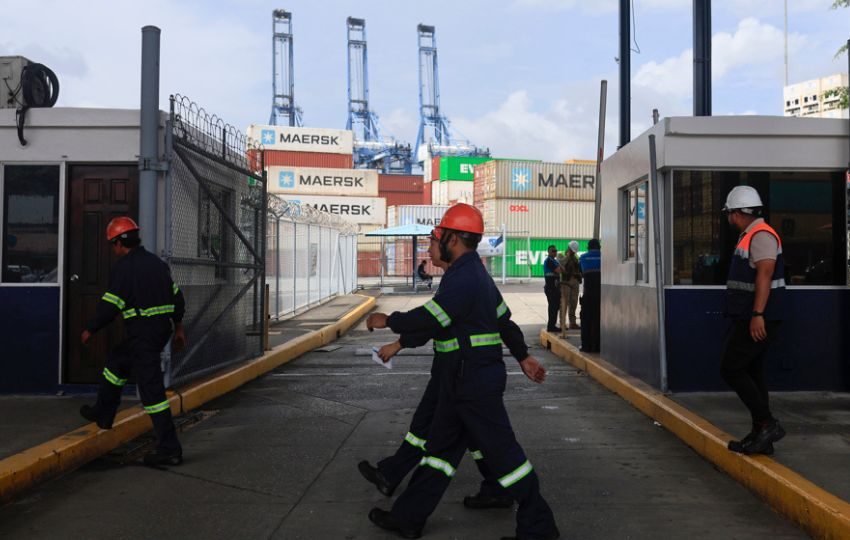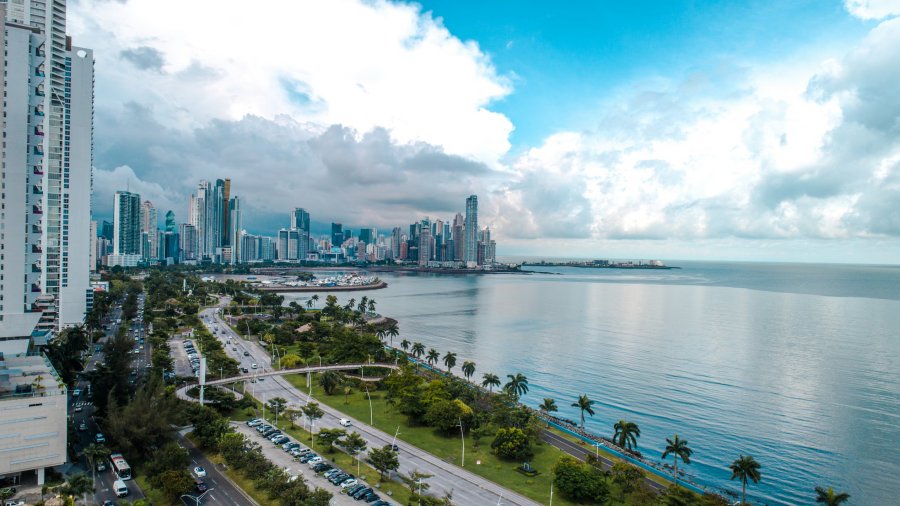Climate change solutions need fast action

 ALARM BELLS about climate change are ringing around the world, and the voices of skeptics are becoming less strident as weather based tragedies escalate, with the countdown to a tipping point moving faster than earlier predictions.
ALARM BELLS about climate change are ringing around the world, and the voices of skeptics are becoming less strident as weather based tragedies escalate, with the countdown to a tipping point moving faster than earlier predictions.
Earlier this week there was a warning of permanent drought and water shortages in some regions of the U.S. and excessive rain and flooding in others, leading to major crop problems in some states potentially catastrophic land sides and storms in others
An article by UN secretary general Ban ki-moon first published by The Guardian and later on the UN website, says that solutions do exist, but urgent action is needed. Ban ki-moon writes:
Three decades from now the world is going to be a very different place. How it looks will depend on actions we take today. We have big decisions to make and little time to make them if we are to provide stability and greater prosperity to the world's growing population. Top of the priority list is climate change.
All around the world it is plain that climate change is happening and that human activities are the principal cause. Last month the Intergovernmental Panel on Climate Change confirmed that the effects of climate change are already widespread, costly and consequential – from the tropics to the poles, from small islands to large continents, and from the poorest countries to the wealthiest. The world's top scientists are clear. Climate change is affecting agriculture, water resources, human health, and ecosystems on land and in the oceans. It poses sweeping risks for economic stability and the security of nations.
We can avert these risks if we take bold, decisive action now. An increasing number of government leaders, policymakers, businesses, investors and concerned citizens are beginning to comprehend the costs of climate change. More crucially, they are also learning that affordable solutions exist or are in the pipeline to reduce greenhouse gas emissions and support resilience. We need to deploy these solutions at a scale commensurate to the challenge. That means investment and it means global co-operation, especially in the areas of finance and technology. That is why it is important that governments complete their work on a new universal climate agreement by 2015.
To build political momentum and help bring about action, I am convening a climate summit in New York on 23 September. I am pressing national leaders, along with mayors and senior representatives from business, finance and civil society, to join a "race to the top" by showcasing solutions and forging partnerships that can steer the world away from cataclysm and towards a sustainable future.
I have been hosting an international meeting designed as a staging post for the September summit. The Abu Dhabi Ascent has given me considerable hope. Governments and private sector leaders have unveiled achievements and plans in a variety of areas where we feel we can make the quickest, greatest impact, including energy, cities and transport, finance, resilience, agriculture and short-lived climate pollutants.
Just as scientists are united on the impacts of climate change, so are economists generally agreed on the costs of combating it. Working now for a rapid transformation to a low-carbon economy will be significantly less expensive for people and economies than failing to act, especially in developing countries, which are most vulnerable to climate impacts. They are also where emissions are rising fastest. These countries need support to build their own low-carbon futures and the opportunities that will bring. They have a pressing need for development. But their sustainable progress – and ultimately that of all of us – demands they do so as cleanly as possible. No one can afford the relentless increase in global temperatures that business as usual will bring.
The benefits of addressing climate change include reduced pollution, improved public health, fewer disasters, cleaner, cheaper, more efficient energy, better managed forests, more liveable cities, increased food security and less poverty. Instead of asking if we can afford to act, we should be asking what is stopping us, who is stopping us, and why? Climate change is an issue for all people, all businesses, all governments. Let us join forces to push back against sceptics and entrenched interests. Let us support the scientists, economists, entrepreneurs and investors who can persuade government leaders and policymakers that now is the time for bold action.
In Abu Dhabi I have seen again that effective affordable solutions are already available. I have seen that an increasing number of governments and other actors are prepared to invest in a low-carbon future. My sights are now set on the September climate summit and the climate negotiations in Lima in December and Paris next year.
Change is in the air – I can sense it at all levels of society. Solutions exist. The race is on. My challenge to all political and business leaders, all concerned citizens and voters is simple: be at the head of the race. Don't get left behind. Don't be on the losing side of history. Let us work together to make climate change a top priority for all leaders – at home and in the global arena. Let us take advantage of the opportunities presented by climate action and lay the foundations for a more prosperous and secure future for all.





